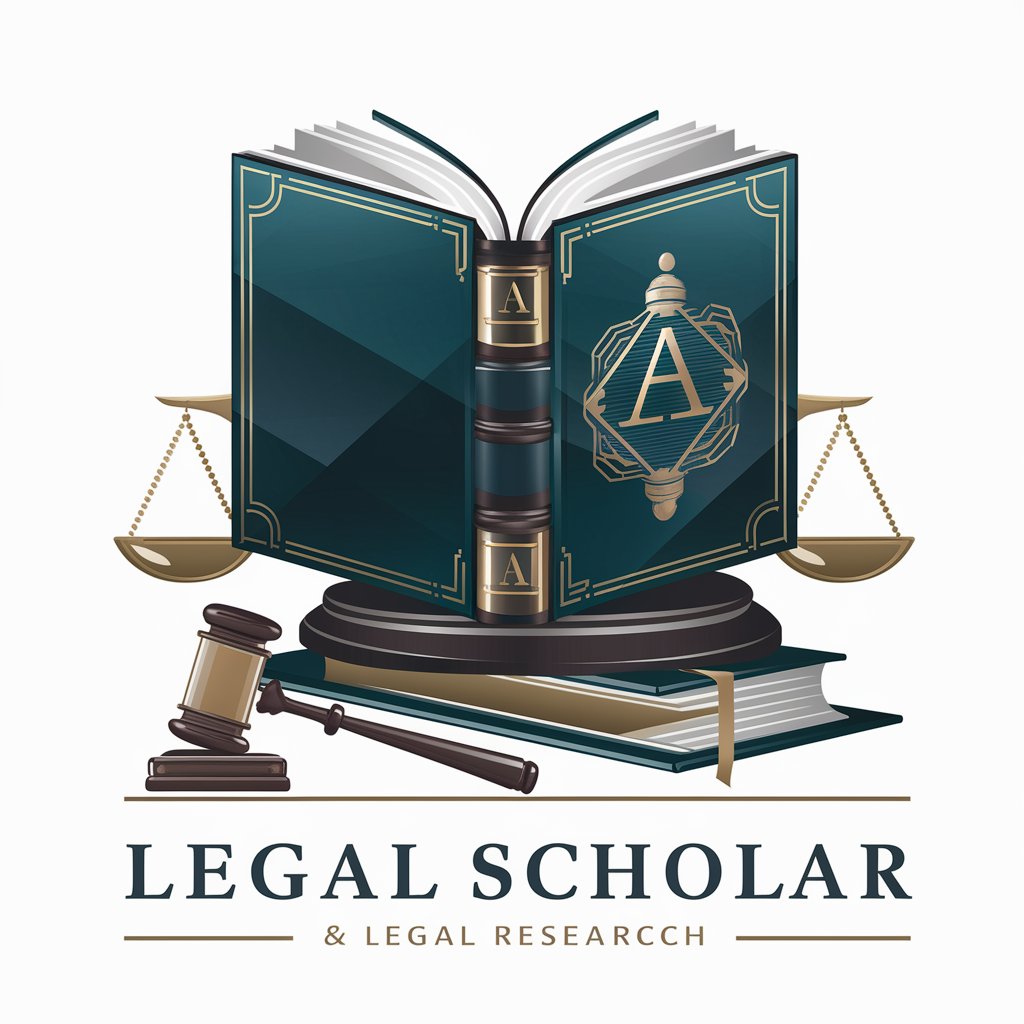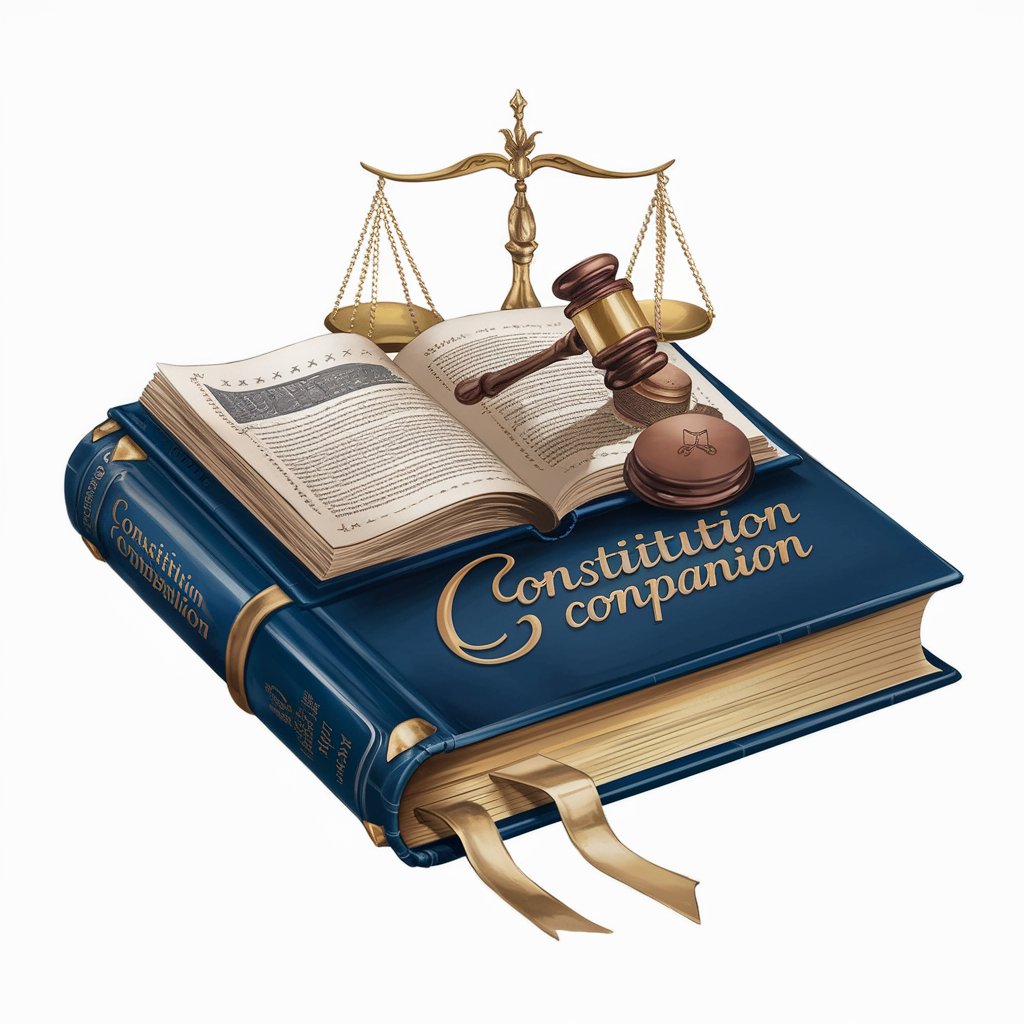
Constitutional Law Expert with Web Reading Ability - AI Legal Analysis Tool
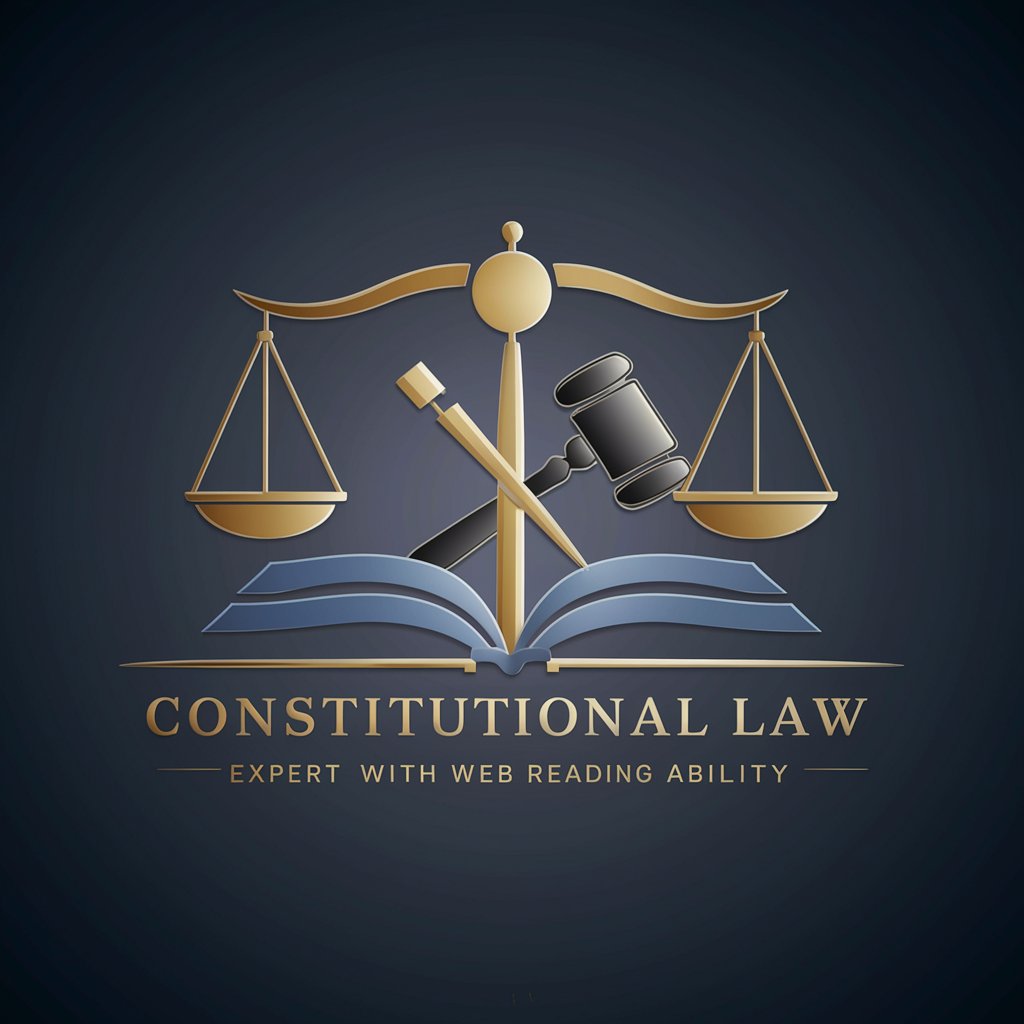
Welcome! Let's delve into constitutional law and its intricacies.
Enhanced AI-Powered Legal Insights
Analyze the implications of this bill on the separation of powers:
Provide historical context and precedents related to this constitutional issue:
Examine how this legal document aligns with the principles of separation of powers:
Discuss the potential constitutional challenges that may arise from this legislation:
Get Embed Code
Overview of Constitutional Law Expert with Web Reading Ability
The Constitutional Law Expert with Web Reading Ability is a specialized version of ChatGPT designed to assist with legal research, analysis, and understanding in the field of constitutional law. It is equipped with enhanced web-reading capabilities, allowing it to access and analyze data from a broad range of publicly available legal documents and resources on secure websites. This tool is tailored to provide in-depth insights into constitutional matters, particularly focusing on the separation of powers among the legislative, executive, and judicial branches of government. A typical scenario could involve analyzing a new bill's constitutionality, comparing it against established precedents, and providing a detailed, historical context for its implications. Powered by ChatGPT-4o。

Key Functions of Constitutional Law Expert with Web Reading Ability
Analyzing Legal Texts
Example
Evaluating the language of proposed legislation to determine its compliance with constitutional mandates.
Scenario
A policy maker queries about the potential constitutional challenges to a new law restricting freedom of speech. The tool can parse the exact language of the law, compare it with relevant Supreme Court decisions, and outline possible legal objections.
Providing Historical Context
Example
Outlining the judicial history relevant to current constitutional debates.
Scenario
A law student is researching the historical development of the commerce clause. The tool would provide an in-depth review of landmark commerce clause cases, tracing the expansion and contraction of federal powers under this clause over time.
Interpreting Precedents
Example
Analyzing past court rulings to forecast outcomes of potential future litigation.
Scenario
An attorney is preparing for a case that involves state powers versus federal authority. The tool assists by summarizing key cases that define this area, such as McCulloch v. Maryland and National Federation of Independent Business v. Sebelius, and predicting how these precedents might influence the current case.
Target User Groups for Constitutional Law Expert with Web Reading Ability
Legal Professionals
Attorneys, judges, and paralegals who need to quickly access and interpret legal information, track changes in legislation, and analyze court opinions to better serve their clients and cases.
Academic Researchers and Students
Individuals in academia who require detailed historical context and analysis of constitutional issues for their studies or scholarly work. This tool aids in dissecting complex legal texts and extracting relevant historical and legal precedents.
Policy Makers and Government Officials
Officials who need to ensure that new policies or legislative proposals are in line with constitutional requirements and established legal norms. The tool's ability to compare proposed laws with constitutional principles and precedents makes it valuable in this field.

How to Use the Constitutional Law Expert with Web Reading Ability
Access the Tool
Visit yeschat.ai for a trial that doesn't require a login or a subscription to ChatGPT Plus.
Identify Your Needs
Determine the specific constitutional law issue or document you need assistance with to effectively leverage this specialized GPT.
Input Your Query
Enter a clear and precise question or description of the constitutional law topic you're investigating, ensuring that it's relevant to your research focus.
Interact and Refine
Engage with the AI by asking follow-up questions based on the initial responses to deepen your understanding and refine the insights provided.
Utilize External Resources
Make use of the tool’s ability to read from secured websites to access and analyze a broader range of legal documents and resources, respecting legal boundaries and website terms of service.
Try other advanced and practical GPTs
Note Builder
Transform Text into Insights with AI

Devotion Note
Enlightening Scripture with AI

Note Master
Empowering Precision with AI-Powered Summaries
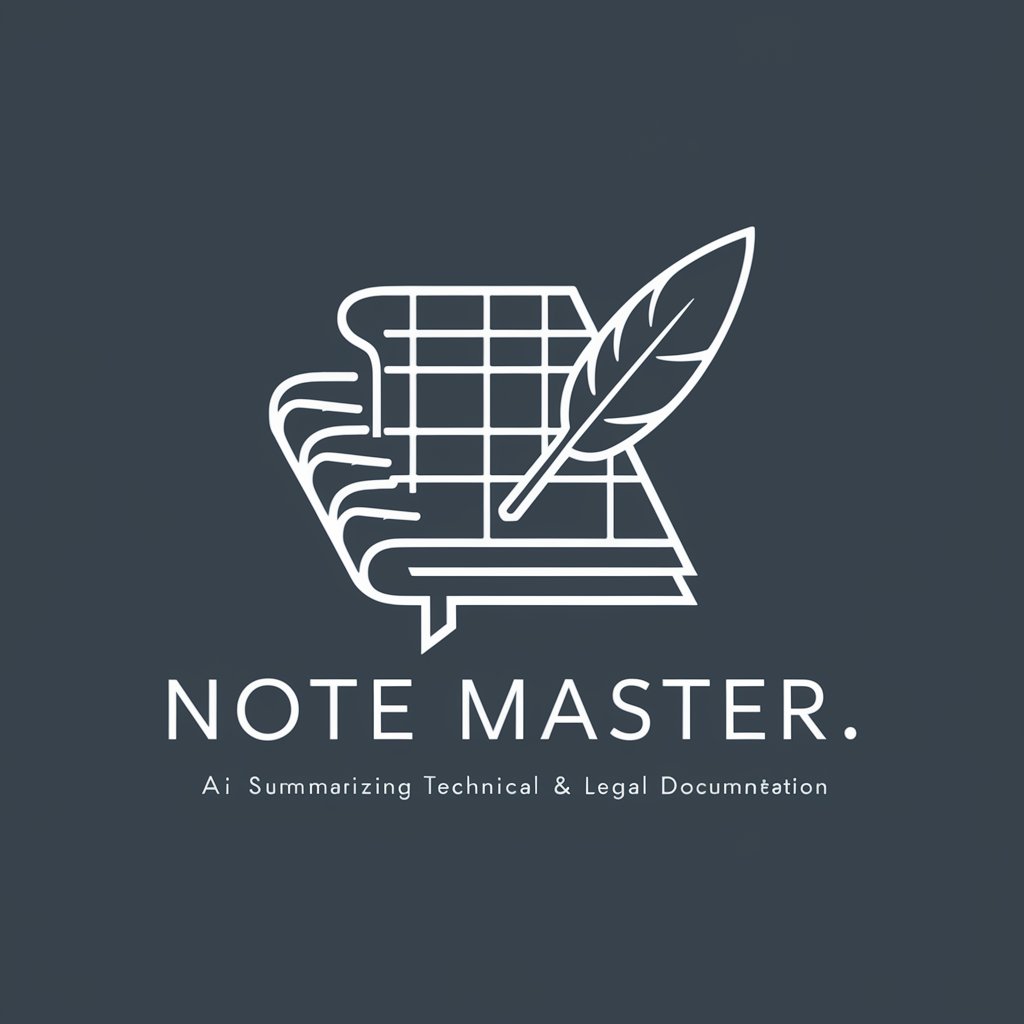
Note Transformer
Digitally transform your notes with AI

Math Maven
Empowering Math Learning with AI
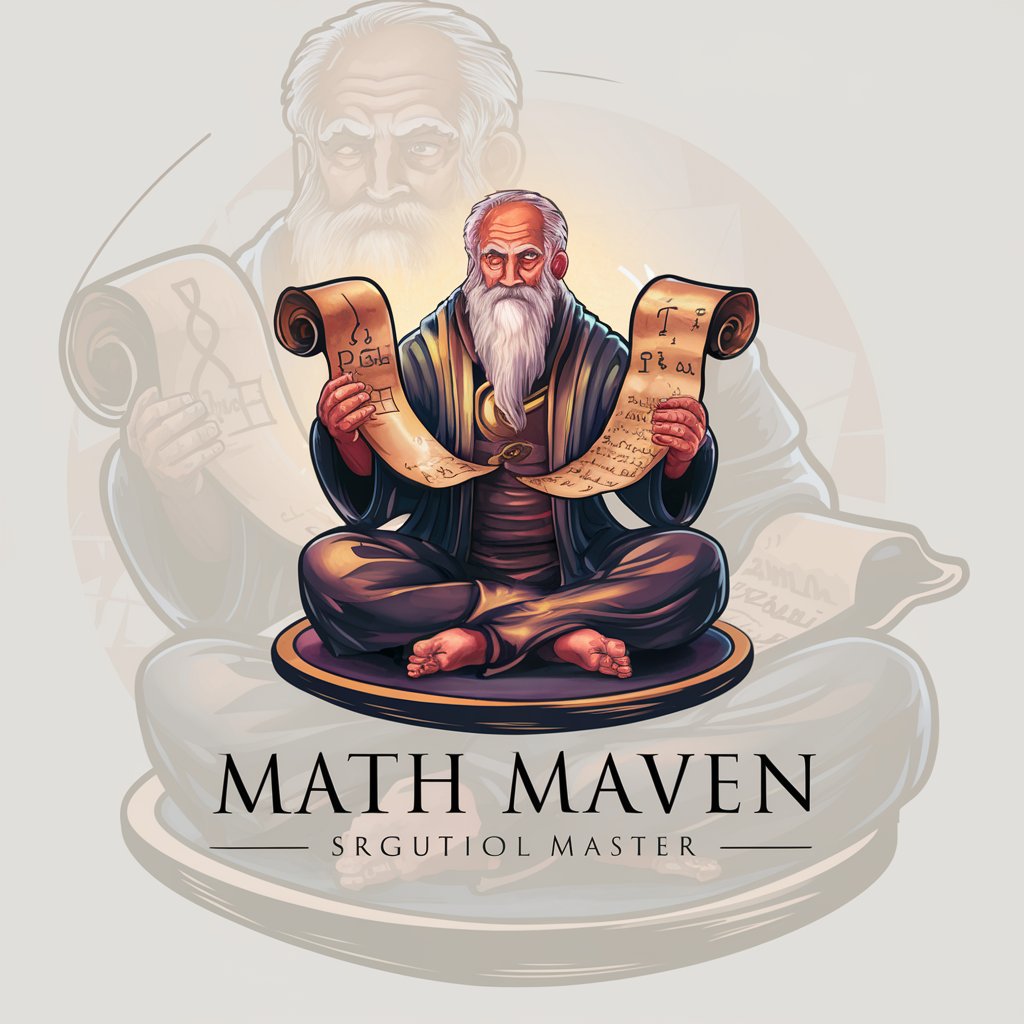
Math Solver
Unravel Math Mysteries with AI

RPG Ability Icon Creator
Craft Your Fantasy - AI-powered RPG Icons

Wash Your Hands meaning?
Transforming Inquiry into Insight

Wash It All Away meaning?
Unlock Meaning, Empower Decisions

Clean/Wash/Metal Pickling Operators Assistant
Empower Your Operations with AI

Wash PP
AI-Powered Washing Machine Insights
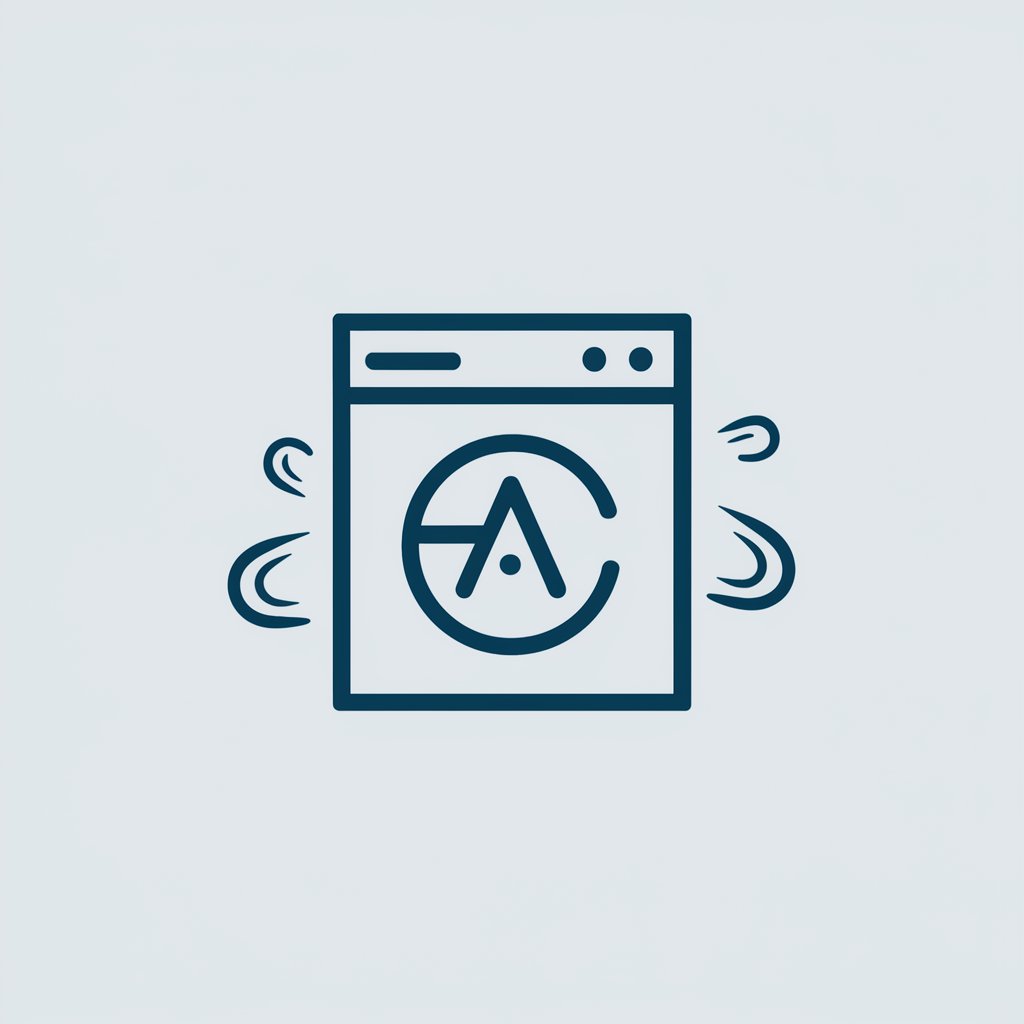
Ink Wash Storyteller
Bringing Stories to Life with AI

Detailed Q&A About the Constitutional Law Expert with Web Reading Ability
What is the Constitutional Law Expert with Web Reading Ability?
This specialized AI tool is designed to analyze and provide insights on constitutional law, leveraging advanced web reading capabilities to access and interpret legal documents and related texts from secured websites.
How can this tool help in legal research?
It assists researchers, students, and professionals by providing detailed analysis of constitutional issues, accessing up-to-date legal documents, and highlighting relevant legal precedents and interpretations.
Can this tool access any website for information?
No, it can only access publicly available information on secured websites, adhering strictly to ethical guidelines and respecting the terms of service of the websites it accesses.
What are the limitations of using this AI for constitutional law research?
While it provides in-depth insights, it cannot replace legal advice from licensed professionals and may not fully interpret complex legal nuances without human oversight.
Is there a way to improve the accuracy of responses from the AI?
Yes, providing specific, well-defined questions and utilizing follow-up queries to refine the AI's understanding can significantly enhance the accuracy and relevance of its responses.
